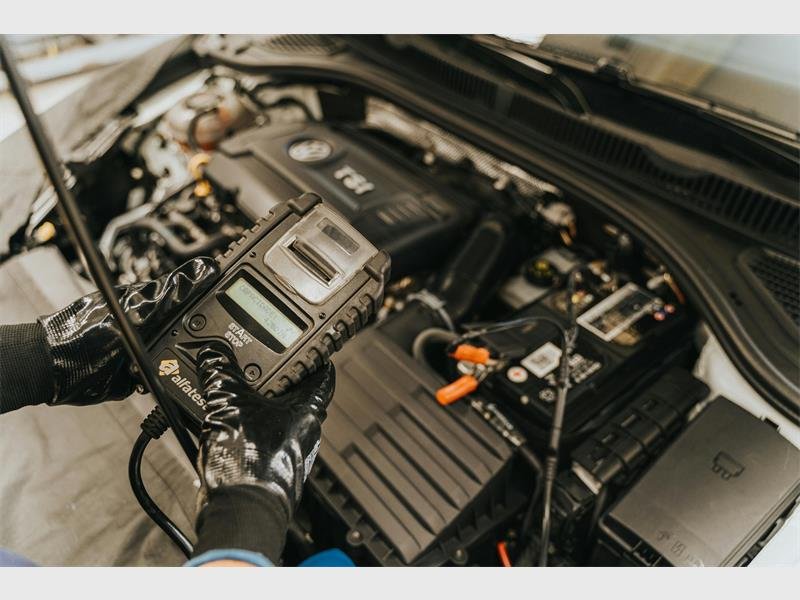
As winter tightens its grip, your car battery faces its toughest test of the year. Dylan Petzer, Vice Chairman of the Tyre Equipment Parts Association (TEPA), has highlighted the increased risk of battery-related breakdowns during the colder months.
Here’s a closer look at why batteries struggle in winter and how to keep yours in peak condition.
Why cold weather is hard on car batteriesChemical slowdown: Car batteries rely on chemical reactions to generate power. In cold weather, these reactions slow down, reducing the battery’s ability to deliver the current needed to start your engine. Freezing temperatures can sap between 30% and 60% of a battery’s capacity. This is why even a healthy battery may struggle.
• Increased internal resistance: Cold increases internal resistance in batteries, making it harder to supply power. Thicker engine oil in winter also demands more energy from the battery during start-up.
• Reduced charging efficiency: The alternator also charges the battery more slowly in cold weather. Short trips that don’t allow full recharging can leave your battery depleted.
Petzer says there are warning signs to look out for when your battery is starting to fail. “Watch for slow engine cranking, dim headlights that brighten when revving, or clicking and grinding noises at ignition,” he advised.
Additional red flags include:• Corrosion on battery terminals (white, ashy deposits)• A swollen or misshapen battery case, which may be caused by freezing or overcharging• A dashboard battery warning light indicating a system fault
Winter battery care: Eight expert tipsWe asked one of our TEPA members, First Battery Centre, to share eight expert-backed strategies to help motorists keep their batteries healthy in winter:
• Test your battery regularly: Before winter begins, have your battery tested, especially if it is more than three years old. Many fitment centres offer free testing.
• Clean the battery terminals: Corrosion can block current flow. Use a mix of baking soda and water to clean the terminals, and make sure all connections are tight.
• Keep your battery warm: Park indoors if you can. A battery insulation blanket or warmer can help maintain performance in extremely cold regions.
• Limit short trips: Combine errands or take longer drives. Short trips do not allow the alternator to fully recharge the battery.
• Switch off electronics: Always turn off lights, heaters, and other accessories before starting your car. Make sure everything is off when you park.
• Check your charging system: Have the alternator, starter, and related components inspected regularly. These systems can also be affected by cold and strain your battery.
• Change your engine oil: Fresh oil flows better in winter, reducing resistance during start-up and easing the load on your battery.
• Use a smart battery charger: If your car will not be used for a while, a quality battery charger can maintain the charge and prevent deep discharges.
A final wordEven with the best care, batteries typically last three to five years.
“If yours is near the end of its life and already showing signs of weakness, don’t wait. Replace it before winter leaves you stranded,” says Petzer.
With regular checks, good maintenance habits, and a little extra attention during the colder months, you can keep your vehicle running reliably all winter long.
At Caxton, we employ humans to generate daily fresh news, not AI intervention. Happy reading!
Stay in the know. Download the Caxton Local News Network App here.